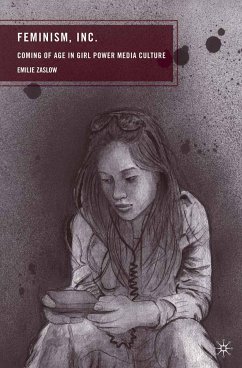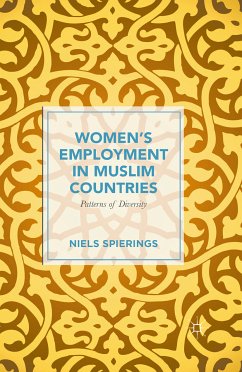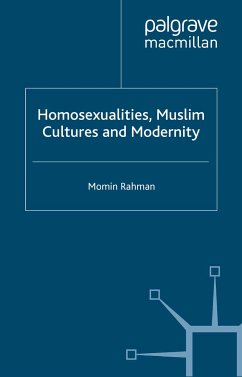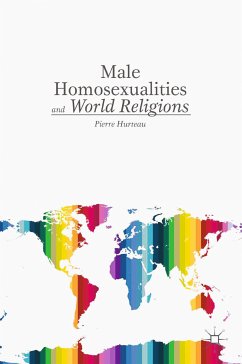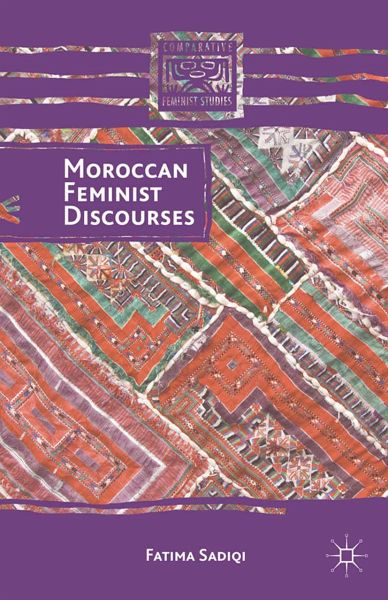
Moroccan Feminist Discourses (eBook, PDF)
Versandkostenfrei!
Sofort per Download lieferbar
40,95 €
inkl. MwSt.
Weitere Ausgaben:

PAYBACK Punkte
20 °P sammeln!
Both a scholarly and personal critique of current feminist Moroccan discourses, this book is a call for a larger-than-Islam framework that accommodates the Berber dimension. Sadiqi argues that current feminist discourse, both secular and Islamic ones, are not only divergent but limit the rich heritage, knowledge, and art of Berber women.
Dieser Download kann aus rechtlichen Gründen nur mit Rechnungsadresse in A, B, BG, CY, CZ, D, DK, EW, E, FIN, F, GR, HR, H, IRL, I, LT, L, LR, M, NL, PL, P, R, S, SLO, SK ausgeliefert werden.




